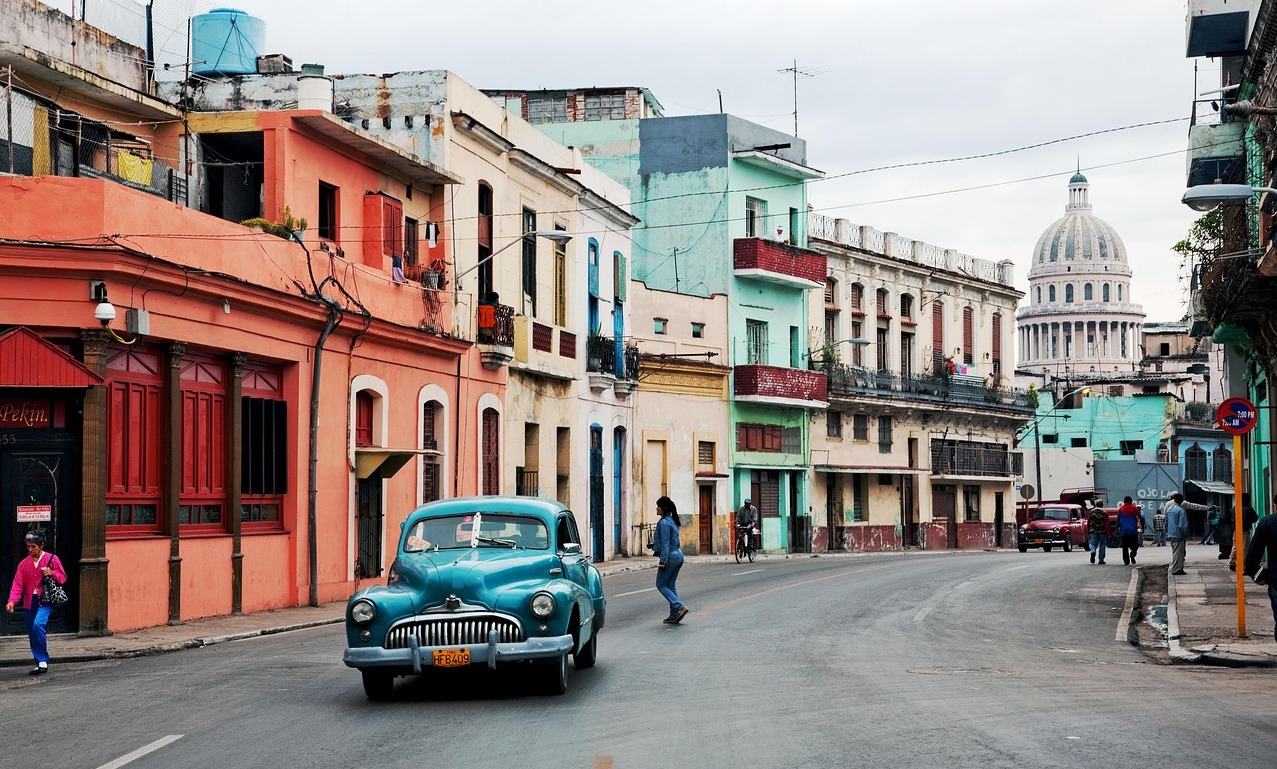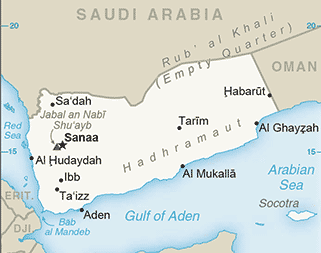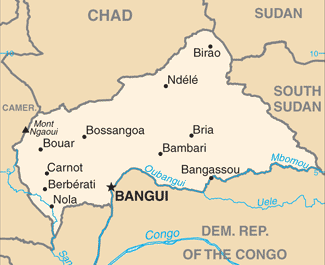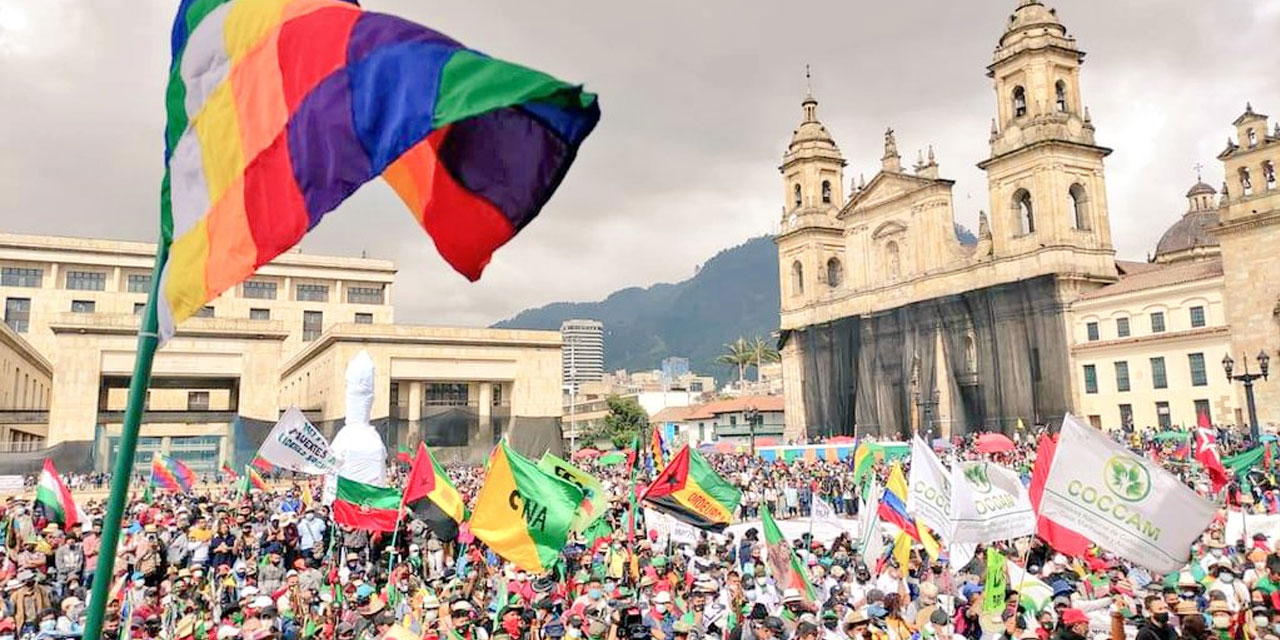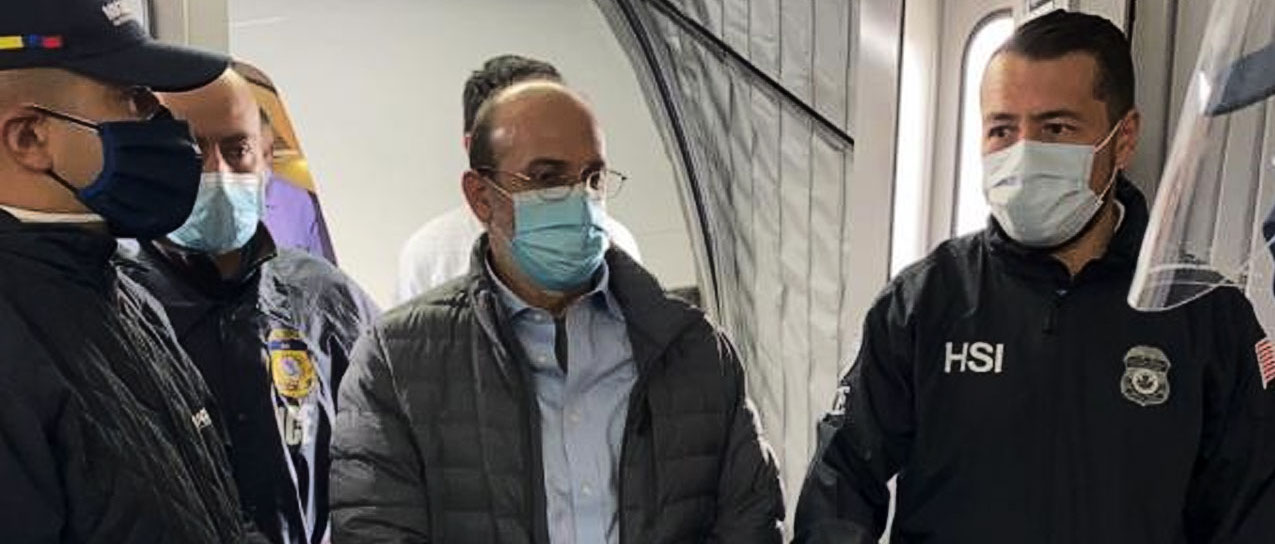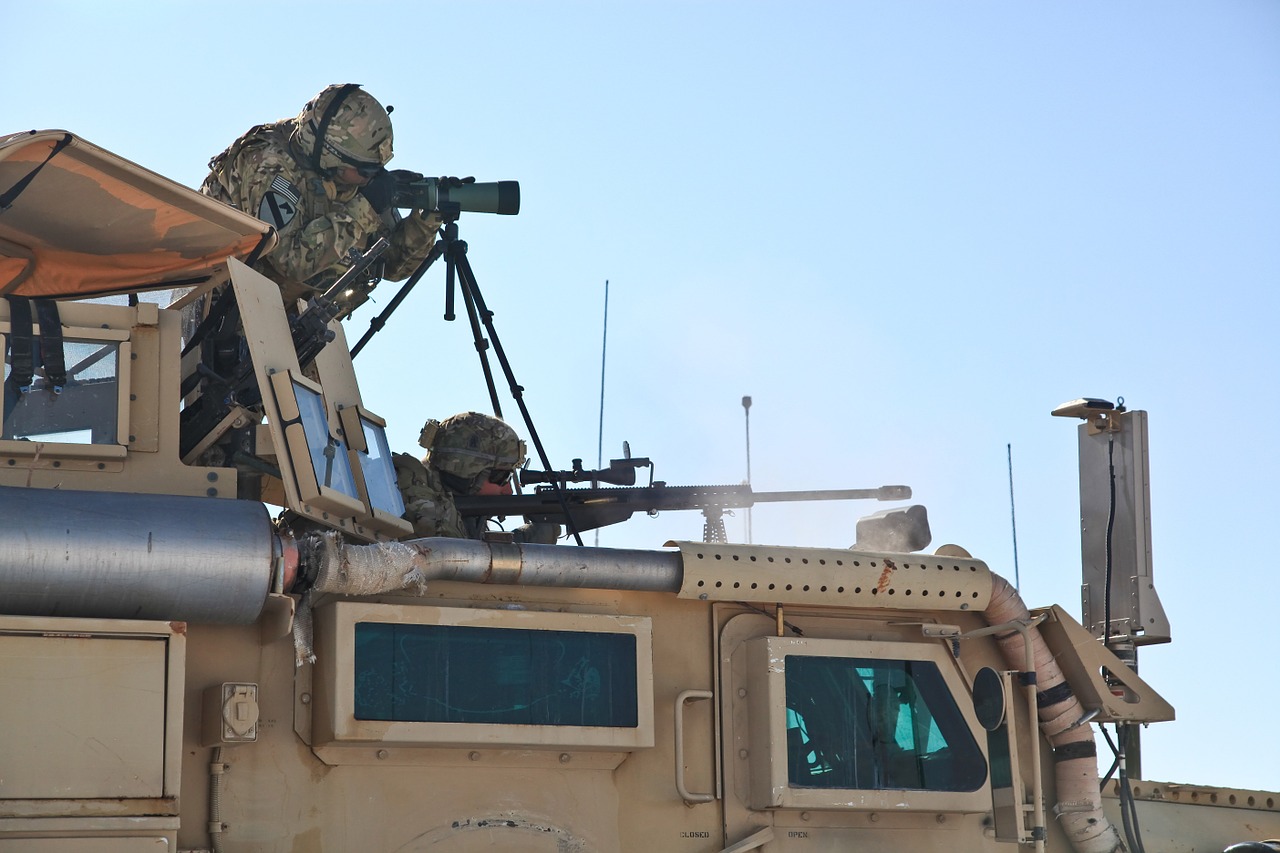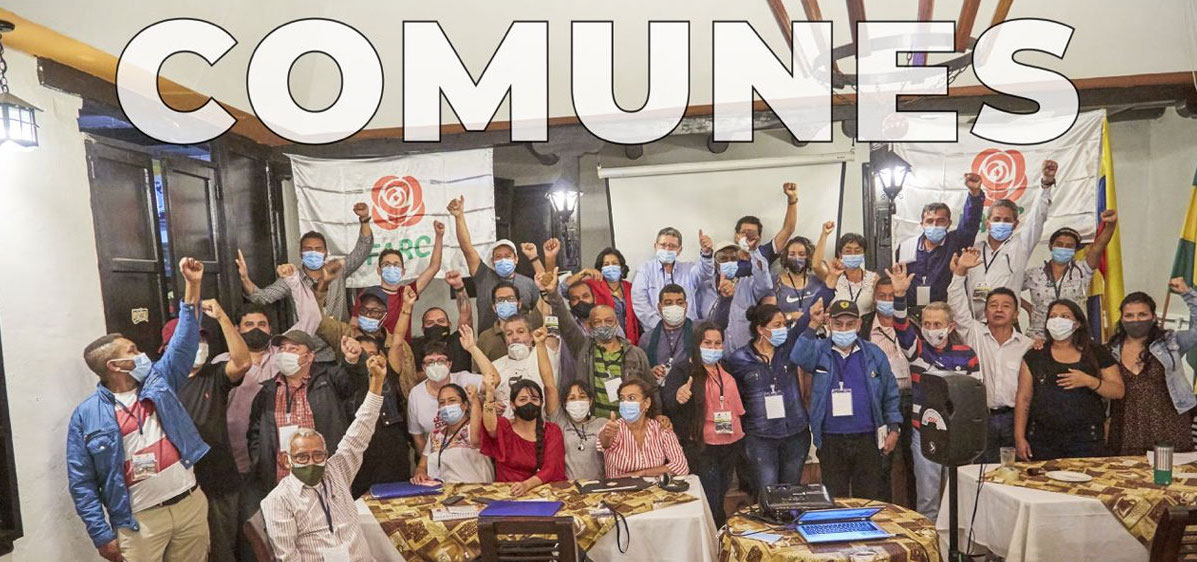
Colombia’s ex-FARC rebranded —again
Colombia’s former FARC rebels voted to no longer use the acronym of their now-defunct guerilla army as that of their new political party. The change in name was proposed by the FARC’s former military commander Rodrigo Londoño AKA “Timochenko,” ahead of the leftist party’s Second Extraordinary Assembly. It was approved by a majority vote of 250 participating delegates at the assembly, which was held via video link at several points around the country. Delegates agreed to change the party’s name to Comunes (Commons). The former Revolutionary Armed Forces of Colombia originally re-branded in 2017 as the Revolutionary Alternative Forces of the Commons. The full name and associated acronym were dropped to disassociate the party from the former guerilla army, which remains listed as a “foreign terrorist organization” by the US State Department, as well as from “dissident” guerilla factions that have remained in arms. The acronym dates to the founding of the guerilla army in 1964. (Photo via Colombia Reports)



